DIPHENHYDRAMINE - INJECTION
PHONETIC PRONUNCIATION: (dye-fen-HI-druh-meen)
COMMON BRAND NAME(S): Benadryl
GENERIC NAME(S): diphenhydramine HCl
Uses
USES: Diphenhydramine injection is an antihistamine used to treat life-threatening allergic reactions (anaphylaxis) along with epinephrine and other treatments. It is also used to relieve symptoms of household allergies, hay fever and the common cold when medication cannot be given by mouth. Common allergy symptoms relieved by antihistamines include rash, itching, watery eyes, itchy eyes/nose/throat, cough, runny nose and sneezing. It is also used to treat nausea, vomiting and dizziness caused by motion sickness when medication cannot be given by mouth. Diphenhydramine works by blocking a certain natural substance (histamine) that your body makes during an allergic reaction. Its drying effects on such symptoms as watery eyes and runny nose are caused by blocking another natural substance made by your body (acetylcholine). Diphenhydramine should not be used in newborns or premature infants because of an increased risk of side effects. It should not be used for common cold symptoms in children less than 6 years of age due to the risk of serious side effects, such as slow/shallow breathing. Cough-and-cold products have not been shown to be safe or effective in children younger than 6.
How to use DIPHENHYDRAMINE - INJECTION
HOW TO USE: This medication is injected into a vein (IV) no faster than 25 milligrams per minute, or deeply into a muscle as directed by your doctor. Be very careful to inject into a vein or muscle and not into the skin or just under the skin. If this medication is injected into or just under the skin, it can destroy the skin and tissues around the injection site (necrosis). If you are giving this medication to yourself at home, learn all preparation and usage instructions from your health care professional. Before using, check this product visually for particles or discoloration. If either is present, do not use the liquid. Learn how to store and discard medical supplies safely. Do not use this medication more often than prescribed. Your dosage is based on your medical condition and response to therapy. Inform your doctor if your condition does not improve or if it worsens.
Side Effects
Precautions
Interactions
Overdose
Images
Reviews
Disclaimer
IMPORTANT: HOW TO USE THIS INFORMATION: This is a summary and does NOT have all possible information about this product. This information does not assure that this product is safe, effective, or appropriate for you. This information is not individual medical advice and does not substitute for the advice of your health care professional. Always ask your health care professional for complete information about this product and your specific health needs.

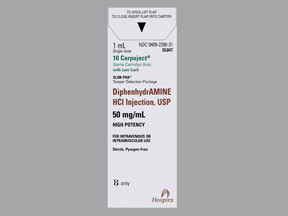
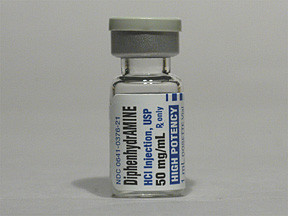
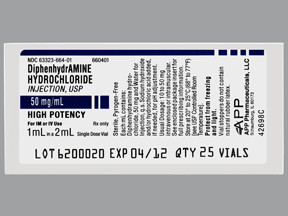
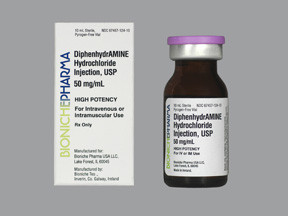
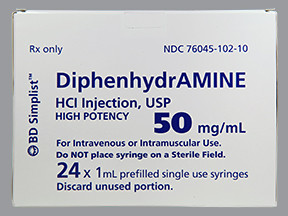
No Reviews Yet